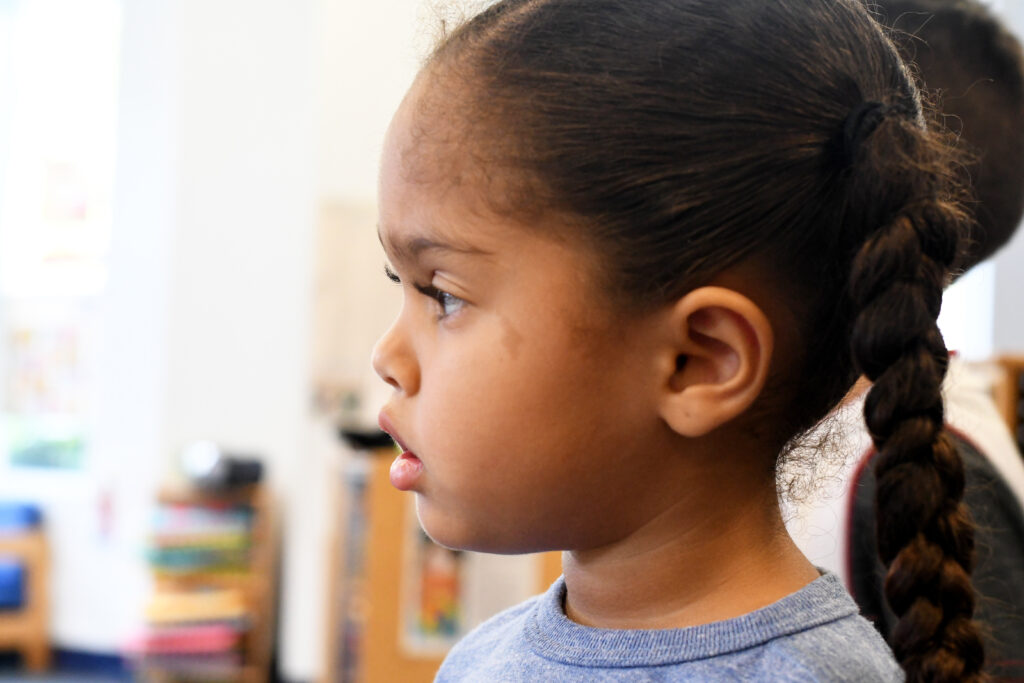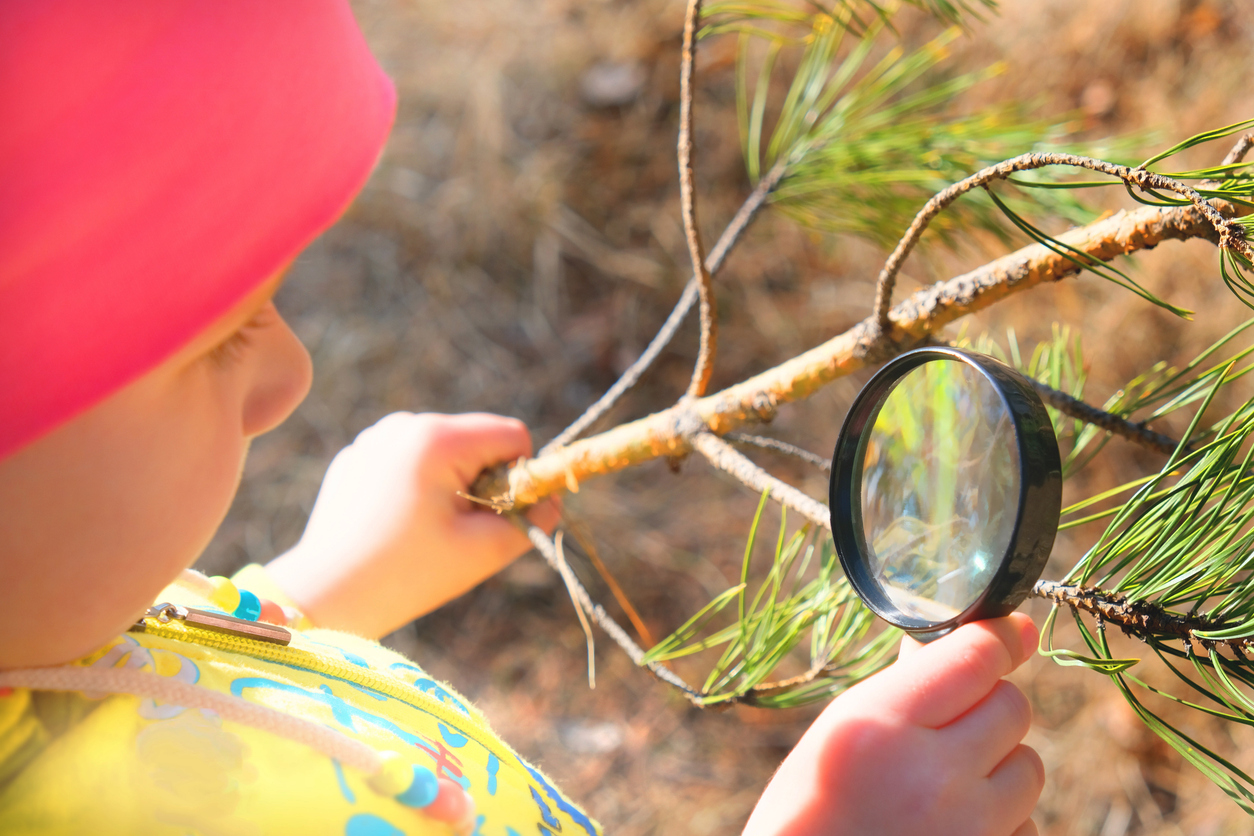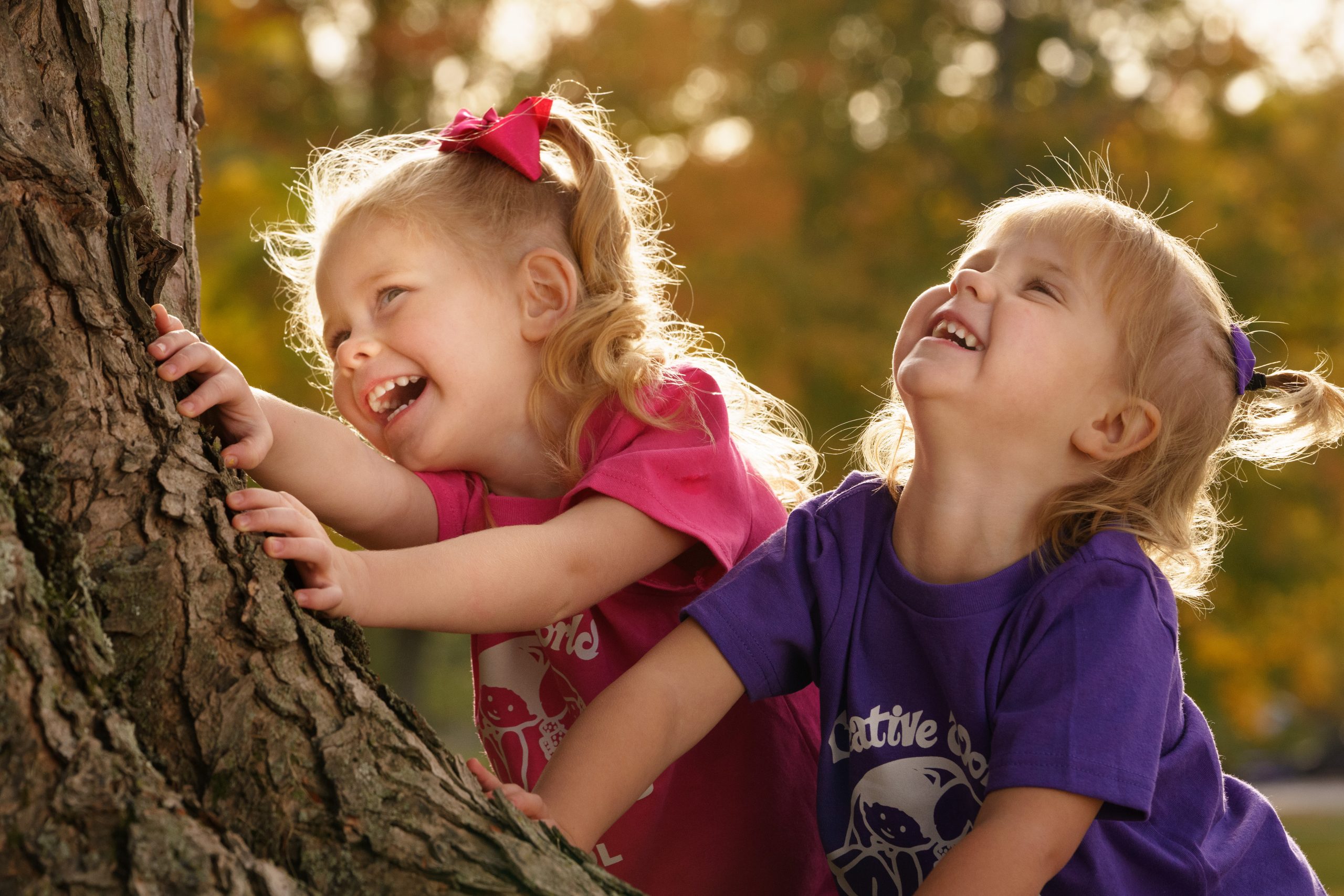
Resilience
Creative world school Aug 22, 2017Harvard University’s Center on the Developing Child studies the character trait of Resilience in children, or why some children can overcome adversity and others are paralyzed by it.
In this brief, they explain that their findings show the following:
The single most common factor for children who develop resilience is at least one stable and committed relationship with a supportive parent, caregiver, or other adult. These relationships provide the personalized responsiveness, scaffolding, and protection that buffer children from developmental disruption. They also build key capacities—such as the ability to plan, monitor, and regulate behavior—that enable children to respond adaptively to adversity and thrive. This combination of supportive relationships, adaptive skill-building, and positive experiences is the foundation of resilience.
Resilience is important because, as mentioned in the quote above, it insulates children from the negative effects of stress in their environment or experiences and helps them overcome and move on developmentally. Children who are not resilient can become “stuck” in a developmental phase because they cannot overcome negative experiences.
How do you raise a resilient child?

Cultivating resilience requires, first, that you as a care giving adult are a “safe place” for your child. This includes being a stable influence, available to assist them through conflict and challenges. How can you learn if you are doing this effectively? Consider the following:
- Who does your child turn to when they are hurt or scared?
- What is your child’s first reaction when they are disappointed?
- How does your child handle being hurt or mistreated by a friend?
- How often do you talk to your child about the unpleasant things they experience? What do those conversations sound like?
Simply reaching out to your child, empowering them with emotive language, and being available as a support system provides the foundation for resilience.
According to the study mentioned above, there are four key elements to counterbalancing negative experiences in a young child’s life that help them become resilient:
- facilitating supportive adult-child relationships;
- building a sense of self-efficacy and perceived control;
- providing opportunities to strengthen adaptive skills and self-regulatory capacities; and
- mobilizing sources of faith, hope, and cultural traditions.
We all hope to see our children succeed and overcome hardships to develop resilience!






